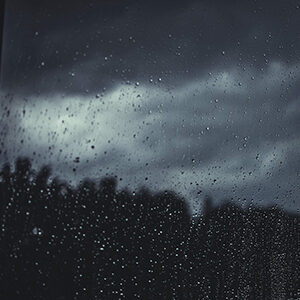
SRHD Encourages Safety Precautions During Winter Power Outages
Media Contact: Kelli Hawkins, SRHD | khawkins@srhd.org | 509.324.1539, c 509.994.8968
Spokane, Wash. – In response to the U.S. National Weather Service Spokane’s weather advisory for snow Thursday night and Friday followed by potentially damaging winds through Saturday morning, Spokane Regional Health District (SRHD) is asking residents to review safety tips for staying safe during winter power outages.
When the lights go out
- Call your utility. Don't expect that others in your neighborhood have already called. Due to the severity of some of the damage, some areas may be without power for several days. Your utility can provide you with the most up-to-date information on when to expect power to be restored.
- Check on elderly neighbors and those with special needs who might need additional assistance.
- Use a phone that does not require electricity to work. A cellular phone or corded phone on a landline will work. Remember a cordless phone won’t work without electricity.
- Turn off lights and electrical appliances except for the refrigerator and freezer. When power comes back on, it may come back with momentary "surges" or "spikes" that can damage equipment. After you turn the lights off, turn one lamp on so you will know when power is restored. Wait at least 15 minutes after power is restored before turning on other appliances.
- Only use a flashlight or battery-operated lanterns for emergency lighting. Do not use candles.
- Avoid opening the refrigerator and freezer. Food can stay cold for a couple of hours if the doors remain closed. For longer outages, plan to place refrigerator and freezer items in coolers with ice. If in doubt, throw it out. SRHD has more information on food safety.
- If you are going to use a generator, do not run it inside a home or garage. If you use a generator, connect the equipment you want to power directly to the outlets on the generator. Do not connect a generator to a home's electrical system. Generators also should not be run near any open windows or other areas where carbon monoxide may travel into the home such as air vents.
Driving during a power outage
- Eliminate unnecessary travel, especially by car. Traffic signals will stop working during an outage, creating traffic congestion. If traffic lights are out, treat all intersections as four-way stops. It’s required by law for safety.
- Stay away from downed power lines and sagging trees with broken limbs.
- Ensure you have a full gas tank when driving in extreme cold and snow conditions.
Downed power lines
- Don’t touch or get near any fallen lines.
- Stay away from objects or puddles in contact with downed power lines.
- Notify the utility company.
- Never try to remove trees or limbs from power lines.
For food establishments
- Follow guidance provided by SRHD: Food Safety During a Power Outage.
- Food establishments must close when they have no power.
Emergency Services
- Please visit the hospital emergency room or call 911 only in the case of medical emergencies, not only because of loss of power.
